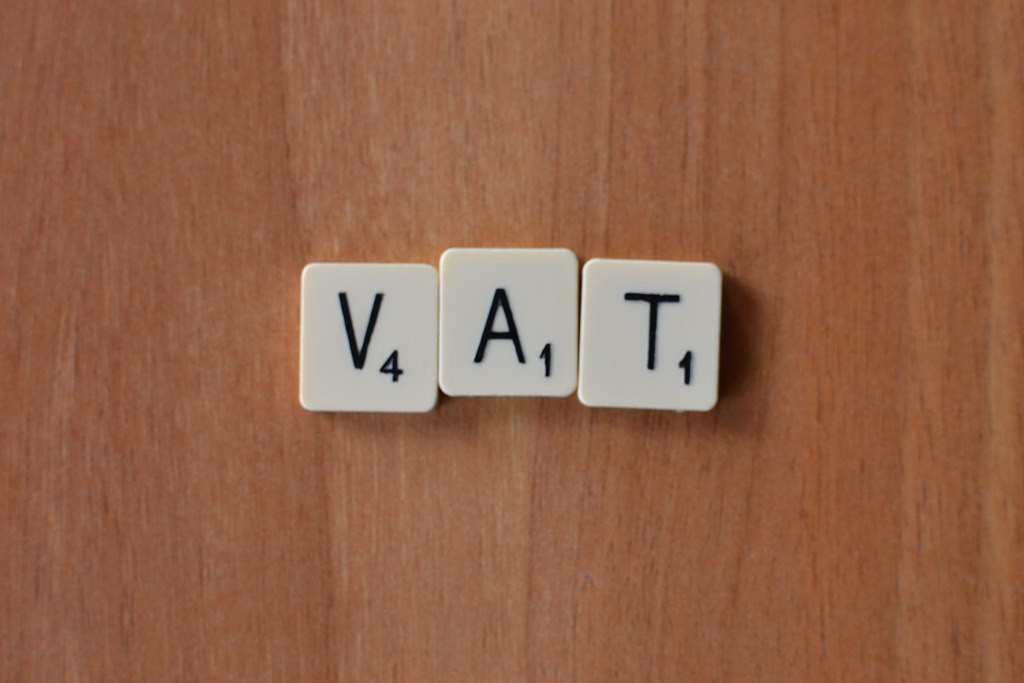Don’t get caught out by VAT

If you are a sole trader and not yet VAT registered, it’s vital to make sure that they don’t accidently end up exceeding the VAT threshold. Currently this figure stands at £85,000 but businesses can choose to register even if their turnover is less than that amount.
We’d suggest that if your turnover is heading towards to £70,000, that’s a sensible time to consider planning to go VAT registered. It is key to point out though that the threshold of £85,000 is a rolling figure; if you hit it within any 12-month period, then you should be VAT registered. Don’t assume that you can simply deal with the consequences later. In fact, it’s sensible to monitor your turnover monthly, rather than waiting to the end of the tax year.
In the UK, VAT (or value-added tax) was introduced in 1973 when it replaced Purchase Tax and, today, it is the third-largest source of Government revenue, after income tax and National Insurance. VAT is different from these other taxes though, as it is paid to the Government by the business, rather than the consumer.
VAT is levied on most goods and services provided by registered businesses in the UK and the standard VAT rate is 20%. There are some goods and services which are exempt, such as the majority of food and children’s clothing.
Becoming VAT registered is a big change to any business and alters the way in which you present your accounts to HMRC. If you creep over the VAT threshold and either don’t realise or don’t do anything about it, it can leave a fairly large hole for you to dig yourself out of. It really is worth reviewing where your business is to prevent this happening.
If you’re about to launch a business and you think you will exceed £85,000 in turnover in your first year, then it is worth registering for VAT from the outset. This also means that, during the launch phase of your business, you’ll be able to reclaim the VAT on any initial costs that have VAT on them. However, if you register for VAT at a later stage, then HMRC does allow you to reclaim VAT on four years’ worth of goods and six months of services.
One downside of starting a business without being VAT registered and doing it a few years down the track is having to mitigate the feelings of customers who will receive larger invoices from you once that happens. If you’re dealing with other businesses, which might be VAT registered themselves, they will hopefully understand but when it’s a bill sent to an individual client, it could led to a more tricky conversation.
If you are a small business, you may benefit from the Flat Rate Scheme, which will see you pay a fixed rate of VAT to HMRC. To join this scheme, your VAT turnover must be £150,000 or less. The flat rate you use usually depends on your business type and you get a 1% discount if you’re in your first year as a VAT registered business.
VAT can be a complex area of tax, so do get in touch with us if you’ve got any questions on tel: 01892 513515 or email: info@lewisandco.biz